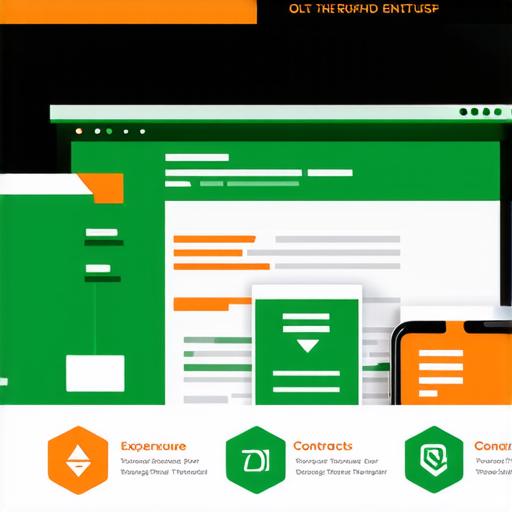Understanding Copyright Law
Copyright law is a legal framework that protects original works of authorship, including literature, music, art, and software. The owner of a copyright has exclusive rights to reproduce, distribute, and display their work. However, copyright law also allows for certain exceptions, such as fair use and first sale, which allow others to use the copyrighted work without permission in certain circumstances.
Software As An Original Work
Software can be considered an original work of authorship under copyright law. When a software program is created, it is typically protected by copyright law if it meets the requirements for originality and creativity. This means that the program must be the result of independent thought and not merely copied from another source.
Can Software Be Protected By Copyright?
While software can be considered an original work of authorship, it is not always protected by copyright law. There are several reasons why this might be the case.
First, software must be original in order to be protected by copyright law. If a software program is merely a copy or adaptation of another program, it will not be eligible for copyright protection. This is because copyright law only protects works that are truly original and creative.
Second, software must be fixed in a tangible medium in order to be protected by copyright law. This means that the program must be stored on some sort of physical device, such as a hard drive or CD-ROM, in order to be eligible for copyright protection. Software that is only available online, such as web applications or cloud-based programs, may not be protected by copyright law.
Third, software must be created by the author themselves in order to be protected by copyright law. If a software program is created by multiple authors or contributors, it may not be eligible for copyright protection because the ownership rights are not clear. In these cases, the program may need to be assigned copyright ownership through a written agreement.
Real-Life Examples of Software Copyright Infringement

There have been several high-profile cases of software copyright infringement in recent years. One notable example is the case of Oracle v. Google, which involved allegations that Google had copied and used parts of Oracle’s Java programming language without permission. In this case, the Supreme Court ultimately ruled in favor of Google, stating that the use of a few lines of code from the Java programming language was protected by the fair use doctrine.
Another example is the case of Ubuntu v. Canonical Ltd., which involved allegations that Canonical had failed to pay royalties to the creators of the Linux operating system. In this case, the court ultimately ruled in favor of the plaintiffs, stating that Canonical had violated their copyright rights by using and distributing the Linux operating system without permission.
FAQs on Software Copyright
1. Can software be protected by patent law?
While software cannot be patented, it can be protected by copyright law.
2. What happens if someone copies my software without permission?
If someone copies your software without permission, they may be in violation of copyright law and could face legal consequences.
3. Do I need to assign copyright ownership for software projects that involve multiple authors?
Yes, it is important to assign copyright ownership for software projects that involve multiple authors to ensure clear ownership rights.
4. Can I use open-source software without permission?
In most cases, open-source software can be used without permission, as long as the terms of the license agreement are followed. However, there may be exceptions in certain cases.
5. What is the fair use doctrine?
The fair use doctrine is a legal exception that allows for limited use of copyrighted material without permission. This includes use for purposes such as criticism, commentary, news reporting, teaching, scholarship, or research.